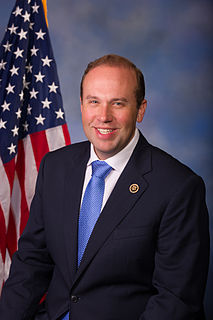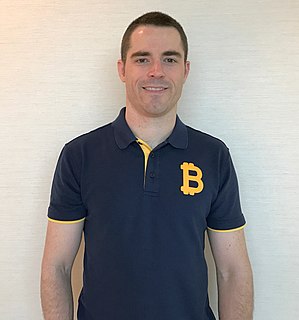A Quote by Joseph J. Romm
Conservatives... are so opposed to government regulations that they are skeptical of anyone who identifies a problem that requires regulatory solutions - and they are inherently accepting of those who downplay such problems.
Related Quotes
Politicians throughout history have tried to solve every problem conceivable to man, always failing to recognize that many of the problems we face result from previous so-called political solutions. Government cannot be the answer to every human ill. Continuing to view more government as the solution to problems will only make matters worse.
Government is not a solution to our problem, government is the problem. ... Government does not solve problems; it subsidizes them. Government's view of the economy could be summed up in a few short phrases: If it moves, tax it. If it keeps moving, regulate it. If it stops moving, subsidize it. ... The problem is not that people are taxed too little, the problem is that government spends too much.
But you're never taught in schools - we don't teach anyone in public schools that government is the problem. We don't teach anyone in college that government is the problem - except maybe a handful of sort of unique, conservative schools. But mainstream media never talks as if government is the problem.
We must learn to outgrow our egos in exchange for constructive dialogue rather than debate. In addition, we must be capable of stating problems and proposing solutions clearly and succinctly, without distortion of meaning or misunderstanding, even when these solutions are radically opposed to accepted norms.


































